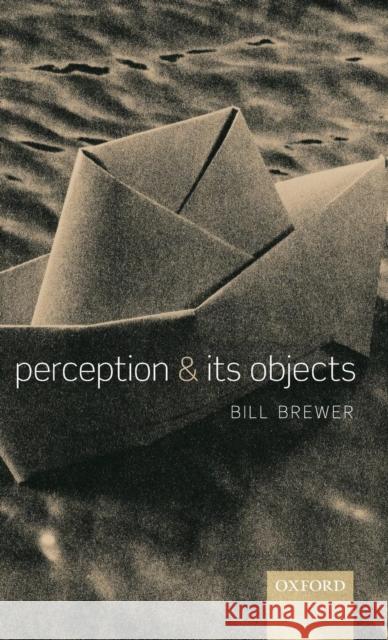Perception and Its Objects » książka
Perception and Its Objects
ISBN-13: 9780199260256 / Angielski / Twarda / 2011 / 224 str.
Perception and Its Objects
ISBN-13: 9780199260256 / Angielski / Twarda / 2011 / 224 str.
(netto: 293,24 VAT: 5%)
Najniższa cena z 30 dni: 278,32
ok. 16-18 dni roboczych.
Darmowa dostawa!
Bill Brewer presents, motivates, and defends a bold new solution to a fundamental problem in the philosophy of perception. What is the correct theoretical conception of perceptual experience, and how should we best understand the most fundamental nature of our perceptual relation with the physical objects in the world around us? Most theorists today analyse perception in terms of its representational content, in large part in order to avoid fatal problems attending the early modern conception of perception as a relation with particular mind-dependent objects of experience. Having set up the underlying problem and explored the lessons to be learnt from the various difficulties faced by opposing early modern responses to it, Bill Brewer argues that this contemporary approach has serious problems of its own. Furthermore, the early modern insight that perception is most fundamentally to be construed as a relation of conscious acquaintance with certain direct objects of experience is, he claims, perfectly consistent with the commonsense identification of such direct objects with persisting mind-independent physical objects themselves. Brewer here provides a critical, historical account of the philosophy of perception, in order to present a defensible vindication of empirical realism.











